
Take 5 minutes to catch up on NeurologyLive®'s highlights from the week ending November 7, 2025.

Isabella Ciccone, Content Associate, NeurologyLive®, has been with the team since September 2022. Follow her on X @iciccone7 or email her at [email protected]

Take 5 minutes to catch up on NeurologyLive®'s highlights from the week ending November 7, 2025.

A new study presented at NSGC 2025 showed that patients living with amyotrophic lateral sclerosis considering medical aid in dying often experienced emotional and logistical challenges with the process.
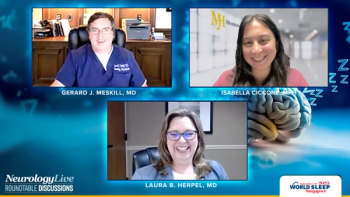
Experts discussed the prevalence of comorbidities in narcolepsy and how targeted therapies, particularly oxybate, can improve both sleep quality and associated psychiatric symptoms. [WATCH TIME: 9 minutes]

Experts discussed findings, presented at the 2025 World Sleep Congress, showing how once-nightly oxybate improved adherence, quality of life, and partner burden in patients with narcolepsy. [WATCH TIME: 9 minutes]

Feedback from the FDA allows CervoMed to move forward with the proposed primary and secondary end point of the phase 3 trial assessing neflamapimod in dementia with Lewy bodies.
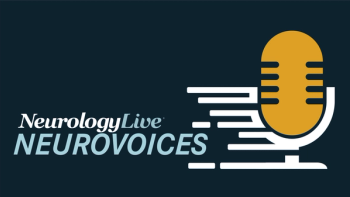
The associate professor of physical medicine and rehabilitation at Virginia Commonwealth University discussed his passion for educating others about electrodiagnosis and ultrasound in neuromuscular disorders.
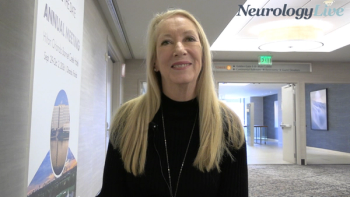
The neuroscience program coordinator at Loyola University Medical Center talked about a recent global nurse survey for those caring for patients with generalized myasthenia gravis. [WATCH TIME: 5 minutes]

The associate professor of clinical neurology at Keck Medicine of USC discussed advancements in therapeutics, the growing focus on biomarkers, and ongoing challenges in myasthenia gravis. [WATCH TIME: 4 minutes]
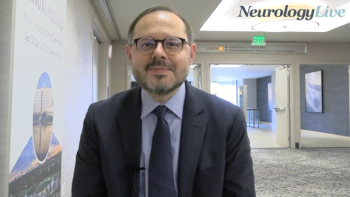
The associate professor of neurology at Yale School of Medicine discussed 52-week data from the phase 3 MINT trial of inebilizumab in patients with generalized myasthenia gravis. [WATCH TIME: 5 minutes]

Here's some of what is coming soon to NeurologyLive® this week.
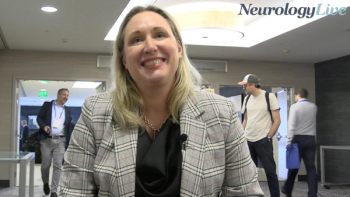
The head of Rare Diseases US at UCB talked about the company’s latest data on rozanolixizumab and zilucoplan in patients living with generalized myasthenia gravis. [WATCH TIME: 3 minutes]

Take 5 minutes to catch up on NeurologyLive®'s highlights from the week ending October 31, 2025.
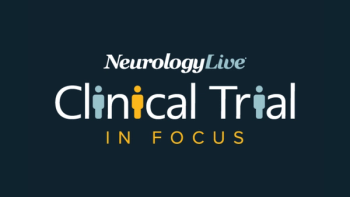
Salvia BioElectronics’ PRIMUS system, currently being assessed in a clinical trial, delivers subcutaneous occipital and supraorbital nerve stimulation for patients with resistant migraine.

Avi Singh Gandh, MD, neurology resident at Emory University School of Medicine, reflected on how modern neurology can help interpret the Salem witch trials.

Patients with generalized myasthenia gravis reported a positive experience with rozanolixizumab self-administration, with a preference for the manual push method.

Data showed that efgartigimod led to greater improvements in disease activity compared with placebo in idiopathic inflammatory myopathy, and improvements in seronegative myasthenia gravis.

An analysis of the first 110 patients screened for the ARISE study showed that an independent adjudication committee confirmed the diagnosis of CIDP in nearly 3-quarters of cases.
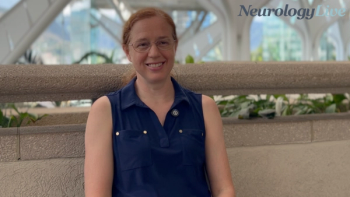
The professor of clinical neuroscience at Newcastle University discussed selecting appropriate and representative patient populations across different phases of clinical trials for Parkinson disease. [WATCH TIME: 5 minutes]

Experts shared their clinical perspectives on trending topics in the treatment and management of multiple sclerosis at the 54th Child Neurology Society (CNS) Annual Meeting, held October 8-11, 2025.

Here's some of what is coming soon to NeurologyLive® this week.

In a recent study of patients with testicular germ cell tumors, most exhibited paraneoplastic neurologic syndromes proceeding with their cancer diagnosis, often associated with specific neural autoantibodies.

Take 5 minutes to catch up on NeurologyLive®'s highlights from the week ending October 24, 2025.
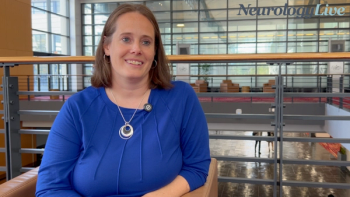
At CNS 2025, the associate professor of neurology and pediatrics at the University of Virginia discussed using educational model frameworks to prepare child neurology trainees for clinical practice. [WATCH TIME: 3 minutes]

In a recent randomized clinical trial, a smartphone-based relaxation technique provided to patients presenting to the emergency department was associated with reduced migraine-related disability.
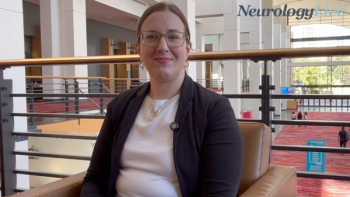
At CNS 2025, the program director of child neurology residency at Boston Children's Hospital discussed strategies to expose medical students to child neurology early in their clinical training. [WATCH TIME: 4 minutes]

Experts shared their clinical perspectives on trending topics in the treatment and management of movement disorders at the 2025 International Congress of Parkinson’s Disease and Movement Disorders (MDS).
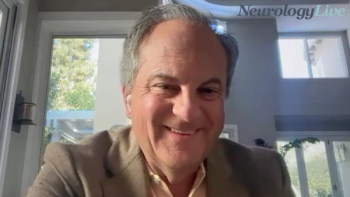
The president and founder of the Stuttering Treatment and Research Society highlighted the significance of interdisciplinary care for both children and adults with stuttering. [WATCH TIME: 5 minutes]

In honor of International Stuttering Awareness Day, the founder of the Stuttering Treatment and Research Society discussed understanding the diagnosis of stuttering and the importance of early intervention for patients.

A recent review of studies over the past decade, presented at CNS 2025, suggests that the ketogenic diet can significantly reduce seizure frequency in children with drug-resistant epilepsy.

A new study reported that children and adolescents with Tourette syndrome on dopamine D2 receptor antagonists had higher rates of psychiatric and metabolic adverse events than those unexposed.